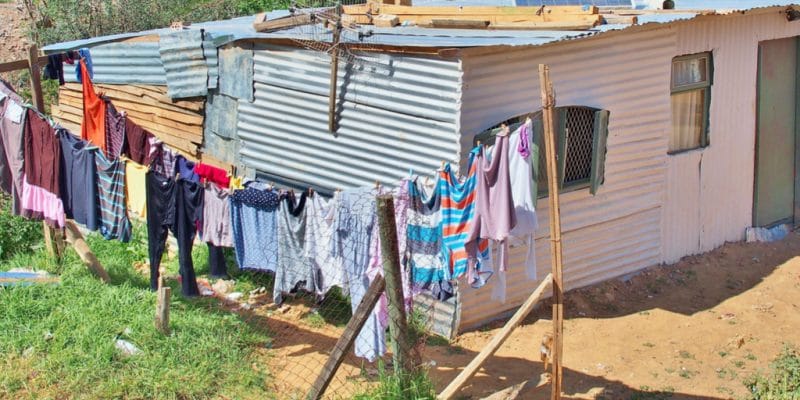The African Enterprise Challenge Fund (AECF), an investment fund set up by the British government, has published the list of the five African countries selected for the React Household Solar Round 2 competition. The objective is to support small and medium-sized enterprises (SMEs) and start-ups that provide solar home-kits with a total investment of $20 million.
Five African countries will participate in the React Household Solar Round 2 competition. The list has been published by the African Enterprise Challenge Fund (AECF), an investment fund owned by the British Government’s Department for International Development (DFID). These are Ethiopia, Ghana, Nigeria, Nigeria, Senegal and Somalia. In these countries, the AECF will organise competitions at the end of which several small and medium-sized enterprises (SMEs) and start-ups specialising in the supply of solar home systems will be rewarded.
The market race for solar home-kits
All selected small businesses in the five countries will receive a total of £16 million, or $20.8 million in the form of interest-free loans, grants and technical assistance. React Household Solar Round 2 is taking place in a context where solar kits are seen as a “good way” to facilitate access to electricity in rural areas of sub-Saharan Africa. “Solar home systems are a simple solution that does not appear in macroeconomic statistics and yet they have the potential to transform the lives of millions of schoolchildren,” says Daniel Ohonde, President and CEO of AECF.
According to AECF, the deployment of solar systems on a house-wide scale is making huge progress as technology costs fall, innovation in deployment and financing models accelerates and a more diverse set of stakeholders, including local entrepreneurs, as well as the international private sector and financial institutions, engage in the sector.
Small companies specialising in solar kits have multiplied in Africa in recent years. For example, PAS Solar, Bboxx and Zola Electric, which are developing mainly through fundraising. These small businesses facilitate access to solar kits by leveraging the pay-as-you-go model and mobile banking as a fast payment solution via mobile phones.
Jean Marie Takouleu







